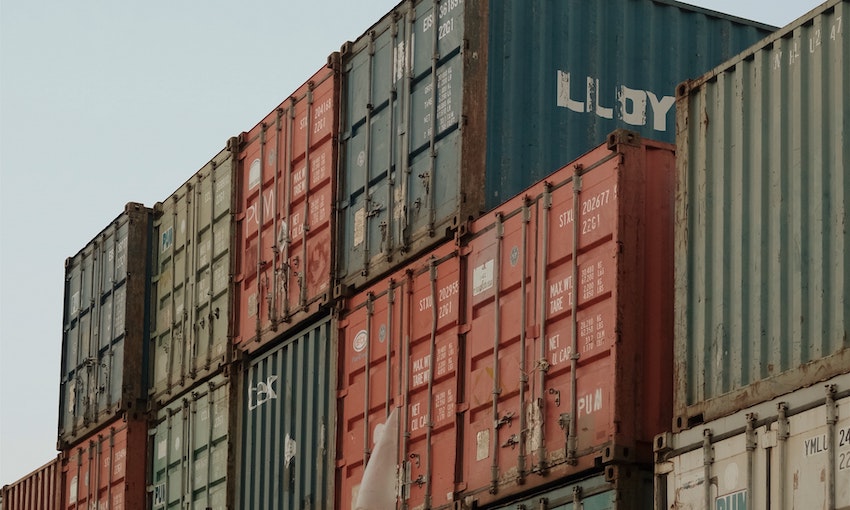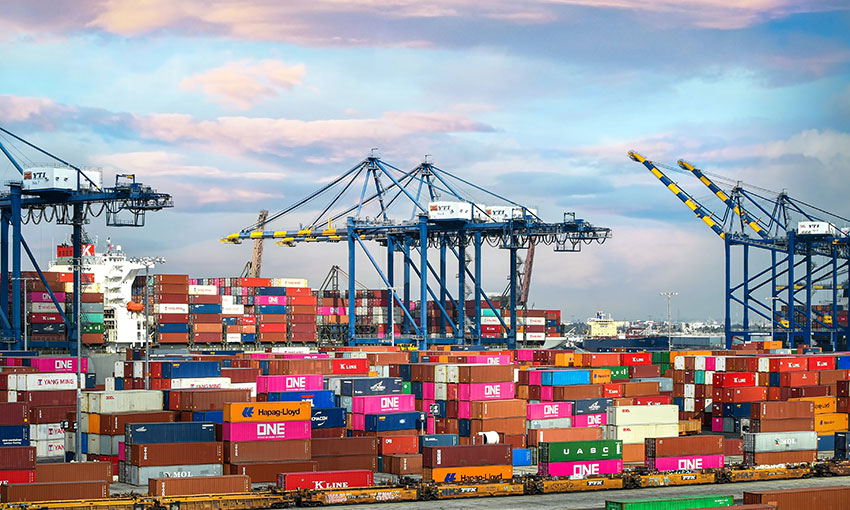RESEARCH from the International Monetary Fund has found the inflammatory impacts of increasing freight rates will likely continue to build through to the end of the year and will be exacerbated by the war in Ukraine.
The US-based institution noted the cost of shipping a container increased seven-fold in the 18 months since the pandemic took hold in early 2020, while the cost of shipping bulked commodities spiked even more.
IMF studied data from 143 countries over the past three decades and found shipping costs are an important driver of inflation around the world.
According to the data, when freight rates double, inflation picks up by around 0.7%.
IMF suggests the effects are persistent, peaking after a year and lasting up to 18 months, which implies the increase in shipping costs observed in 2021 could increase inflation by around 1.5% this year.
“Our findings also reveal some of the mechanisms at work,” IMF researchers said in an analytical article.
“Higher shipping costs hit prices of imported goods at the dock within two months, and quickly pass through to producer prices – many of whom rely on imported inputs to manufacture their goods.”
However, the impact on prices consumers pay builds up more gradually and hits its peak after 12 months.
“This is a much slower process than what is seen after a rise in global oil prices, which drivers feel at the pump within a couple of months.”
IMF said its research shows shipping costs affect inflation in some countries more than others, and that the structural characteristics of an economy are important factors.
“Countries that import more of what they consume see larger increases in inflation, as do those who are more integrated into global supply chains,” researchers said.
“Similarly, countries that typically pay higher freight costs – landlocked countries, low-income countries, and especially island states – see more inflation when these rise.”
Research also illustrated how a credible monetary policy framework has the capacity to mitigate second-round effects from import prices and inflation.
“Our analysis shows that keeping inflation expectations well-anchored is key to containing the effect of soaring shipping costs on consumer prices, particularly core measures that exclude fuel and food,” researchers said.
As the inflammatory impact of shipping costs continues to build, the IMF expects the war in Ukraine to cause further supply chain disruptions.
As such, the conflict is likely to keep global shipping costs and inflammatory impacts higher for longer.



